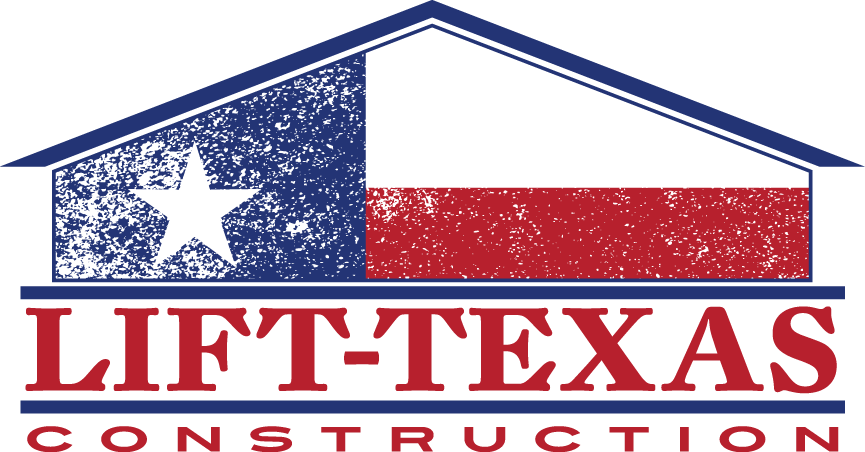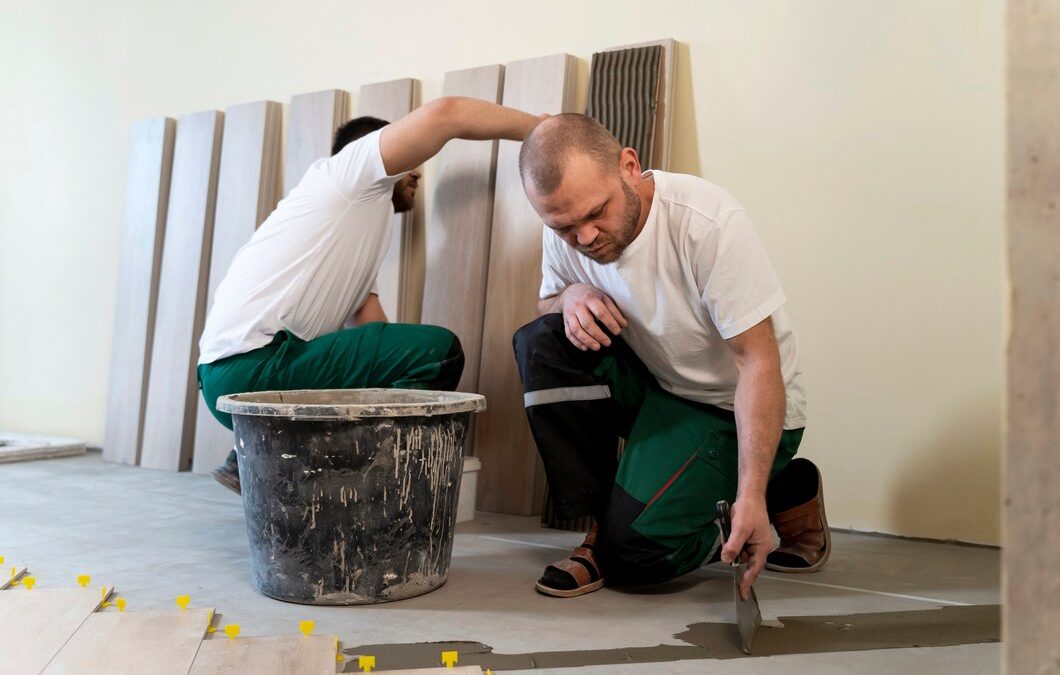Foundation issues can cause major problems for your home if not addressed promptly. Knowing when you need foundation repair is crucial to avoid expensive and extensive damage. By understanding the signs of foundation problems and their causes, you can take action before things get worse.
Seeing cracks in your walls or noticing that your doors are sticking are often indicators that your foundation may need repair. These warning signs should not be ignored. Sometimes, what looks like a minor issue on the surface can signify a much bigger problem underneath.
In many cases, homeowners can conduct simple DIY checks to assess their foundation’s condition. However, not all signs are easily detectable, and some require a professional’s expertise to diagnose correctly. Understanding when it’s time to call an expert can save you a lot of trouble and money in the long run.
Let’s explore the visible signs of foundation damage, the common causes behind these problems, and what you can do to check for issues. Don’t worry; we’ll help you determine if you need foundation repair and what steps to take next.
Visible Signs of Foundation Damage
Identifying the visible signs of foundation damage can help you take action before severe problems arise. These signs are often noticeable in and around your home.
- Cracks in Walls or Floors: One of the most common indicators of foundation issues is the appearance of cracks. Vertical, horizontal, or zigzag cracks in your walls or floors may suggest that your foundation is shifting or settling unevenly.
- Sticking Doors and Windows: If your doors and windows are suddenly difficult to open or close, it might be due to foundation movement. This is especially true if you notice gaps around the frames or if they no longer latch properly.
- Uneven Floors: Check for sloping or sagging floors inside your home. Uneven flooring can indicate that the foundation beneath is no longer stable or level.
- Gaps Around Exterior Windows and Doors: Look at the outside of your home. Gaps between the window or door frames and the walls can be a warning sign that something is wrong with the foundation.
- Chimney Issues: A tilted or cracked chimney can also signal foundation problems. Since chimneys are heavy structures, they are more prone to showing signs of foundation movement.
Recognizing these signs early allows you to address potential issues before they become major problems, saving you time and money down the line.
Common Causes of Foundation Problems
Knowing the causes of foundation problems can help you prevent them and understand why your home may be experiencing issues. Various factors can impact your foundation’s stability.
- Soil Movement: The type of soil your home is built on plays a significant role in foundation stability. Expansive soils, like clay, can swell when wet and shrink when dry, causing the foundation to shift or crack over time.
- Water Damage: Excess water can weaken your foundation. Poor drainage around your home, plumbing leaks, or heavy rainfall can lead to soil erosion and foundation settlement. Ensuring proper drainage and fixing leaks promptly can mitigate this risk.
- Tree Roots: Large trees close to your home can cause problems. Their roots can grow under the foundation, lifting or cracking it as they expand. Keeping trees at a safe distance from your house can help prevent this issue.
- Poor Construction: Sometimes, foundation issues result from poor construction practices. If the foundation is not built correctly or the soil is not adequately prepared, problems can arise over time.
- Temperature Changes: Extreme temperature fluctuations can also affect your foundation. Rapid changes from hot to cold weather can cause the soil to expand and contract, putting pressure on the foundation.
Understanding these common causes helps you be proactive in maintaining your foundation and addressing issues before they become severe. By being aware of these factors, you can take steps to protect your home’s structural integrity.
DIY Checks Before Calling a Professional
Before you call a professional, there are some simple checks you can do yourself to evaluate your foundation’s condition. These DIY checks can give you an idea of whether you need professional help.
- Check for Visible Cracks: Walk around your home’s interior and exterior to look for obvious cracks in walls, floors, and ceilings. Note their sizes and whether they appear to be getting larger over time.
- Test Door and Window Alignment: Open and close all doors and windows to see if they stick or don’t latch properly. If you find gaps around the frames, this could indicate foundation shifts.
- Use a Level on Floors: Place a level on your floors in different rooms to check for unevenness. Mark the spots that seem off and see if they align with other signs of foundation trouble.
- Inspect the Basement or Crawl Space: Look in the basement or crawl space for signs of moisture, mold, or wood rot, which can suggest a foundation issue.
- Monitor Utility Bills: Unusually high utility bills can sometimes indicate foundation problems, as cracks and gaps can cause air leaks, making your HVAC system work harder to maintain temperatures.
By performing these simple checks, you can gather useful information that can help when discussing potential repairs with a contractor.
When to Contact a Foundation Repair Expert
Knowing when to contact a foundation repair expert can save you time and money. While some issues can be monitored, others require professional evaluation to prevent serious damage.
- Large or Widening Cracks: If you notice large cracks in your walls or floors, or if smaller cracks are getting bigger, it’s time to call an expert. Large cracks can be a sign of significant foundation shifts that need immediate attention.
- Persistent Sticking Doors and Windows: If doors and windows continue to stick or show noticeable gaps even after adjusting them, a professional should assess the problem. This can indicate foundation settling or shifting that needs to be corrected.
- Visible Foundation Damage: Any visible signs of damage to the actual foundation, such as crumbling concrete or gaps between the foundation and the house, should be looked at by a specialist immediately.
- Water Damage and Mold: Persistent moisture problems, mold, or standing water around your foundation or basement warrant professional inspection. Excess water can weaken your foundation, leading to more severe issues over time.
- Uneven or Sagging Floors: While slightly uneven floors may seem minor, noticeable sagging or sloping floors mean that you should get a professional to evaluate the underlying cause.
Taking timely action by contacting a foundation repair expert when these issues arise can prevent more extensive damage and ensure your home remains safe and stable.
Need Foundation Repair?
Recognizing foundation problems early is crucial for maintaining the health and safety of your home. By understanding the visible signs of damage and the common causes, you can take proactive steps to address foundation issues. Conducting DIY checks helps you gather useful information and determine if you need to call in a professional.
When issues like large cracks, persistent sticking doors, visible foundation damage, water problems, or uneven floors appear, it’s essential to seek expert advice. Timely intervention can save you money and prevent more extensive damage.
At Lift-Texas Construction, we specialize in diagnosing and repairing foundation problems. If you suspect your home’s foundation needs attention, don’t wait. Contact foundation repair company in DFW today to get a professional assessment and ensure your home remains safe and secure!

